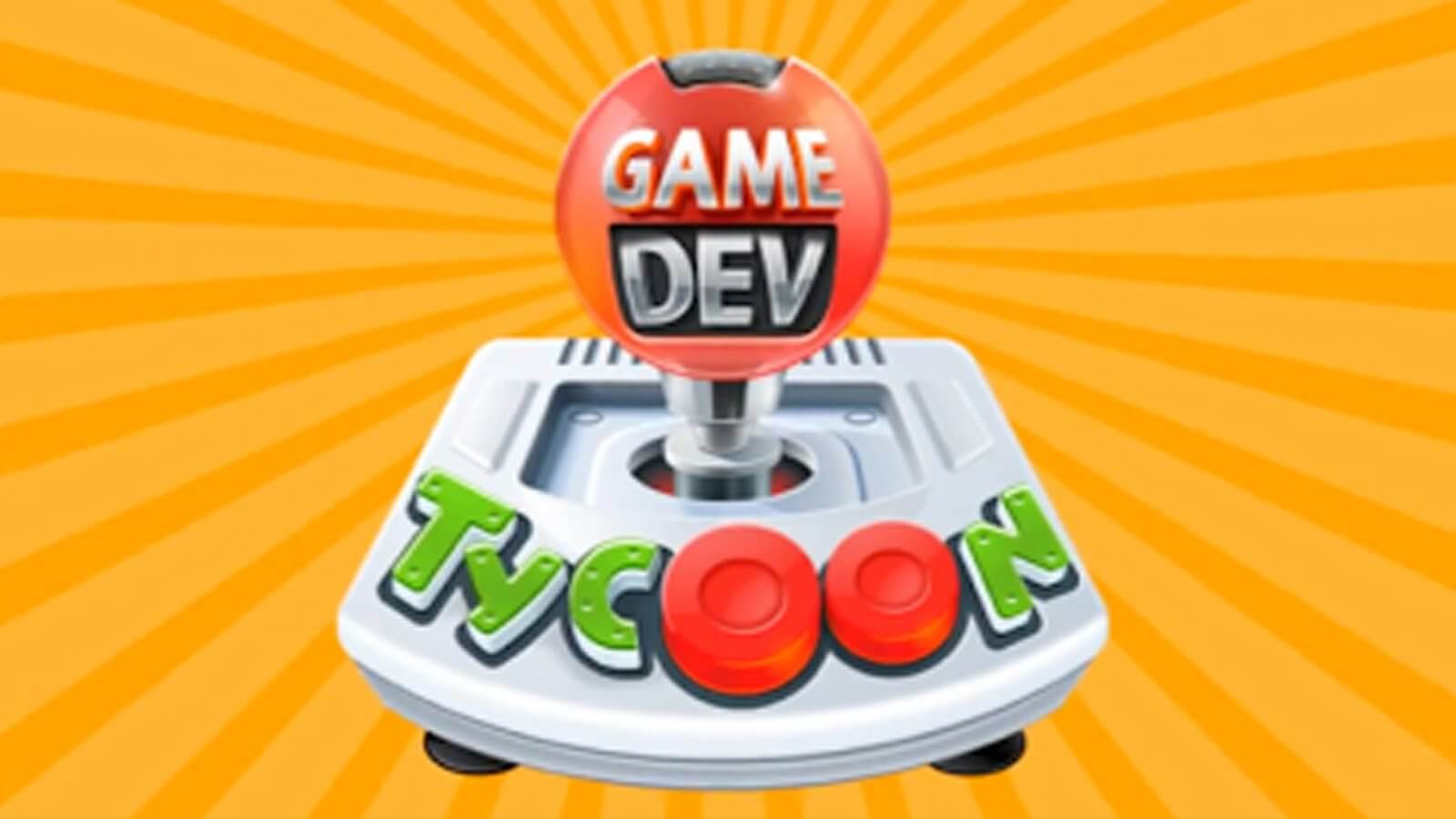Game Dev Tycoon (PC, Mac)
Developer: Greenheart Games
Publisher: Greenheart Games
Released: April 28, 2013
MSRP: $7.99
Depth in any simulation game is what fans of the genre are looking for, right? Well, keep on looking.
Game Dev Tycoon is an occasionally clever idea that offers some perspective on what it’s like to work in the game industry, but it fails to dig deeper as a game, making it, unfortunately, a poor man’s simulation game.
As the title suggests, Game Dev Tycoon is a business simulation. The business you run is a game studio, so the scale is much smaller than that of other tycoon titles where you would normally control the business of say a theme park. Once you create an avatar, the game starts you off in a garage with a commercial PC in the ’70s. Depending on the time frame you chose (which can go from 25 years to 35+), you will eventually end up developing games for next-gen consoles in a large office if you found success throughout the years.

Game Dev Tycoon does a great job of introducing new elements that keep each era of development as memorable as the offbeat hardware that we so often forget — the Game Gears cancelled Nintendo add-ons of yesteryear. Game development is divided into several stages: funding, development, and marketing. At the start, income will come primarily from contract work which will also net research points. Research can be invested in unlocking new game topics, technology, and levelling up staff’s abilities. Development itself is divided into several stages.
Once you have decided a name, topic, genre, and console platform, the player is prompted with three screens of development factors. Each screen has a slider with three different elements, for example, world design, sound, and graphics. You can equalize all elements or focus on one. Only through gaming knowledge (e.g., invest heavily in dialogue for RPG and adventure games) and trial-and-error will success be found.

As the player goes from PC development to buying licenses to create games for Nintendo and Vega consoles, new challenges are introduced in the form of managing a staff, dedicating money to researching new technology, and following current market trends. The game even has its own E3 convention; the bigger your booth, the more hype you’ll generate for your current project. Hype is an invaluable resource, even if the game doesn’t do a good job of letting you know how much it will impact sales.
Game Dev Tycoon doesn’t do a good job of relaying any feedback to the player. There are no focus groups or beta testers, and the fake reviews offer little to no insight. Everything is good or bad. Okay, it’s common sense not to make a sports-adventure hybrid or use outdated technology on modern consoles, but isn’t it also common sense that delivering a timely sequel after a review said “Can’t wait for the sequel” should be met with success? Generally speaking, I find that I have very little influence over whether a game is good or bad during development, only with adding more features and or more expensive features do my games ever seem to improve with the score.

Though Game Dev Tycoon takes influence from our gaming history, its rules don’t always follow our reality. This wouldn’t be such a problem if it put any effort into conveying its special alternate reality. The sound and visuals are low-rent, leaning on social gaming gimmickry, like bubbles that pop with the frequency of popcorn as you earn design and technology points for your game in development. It all works, in the way that a manipulative Facebook game has proven to work.
While I appreciate the perspective Game Dev Tycoon has given me on game development, from indie studios in debt to huge studios juggling multiple projects, it was never the game’s sim elements that had me returning, it was only my drive to get my studio more successful that brought me back. There is something addictive about this game, but only in its manipulative fashion, it won’t ever hold up as a great simulation title, simply because it lacks depth on any level and just doesn’t allow you to experience any variety. Virtually everything that changes around you is visual, with nothing that really alters gameplay, until you hit the last few years of the game, where you have a research and development lab and are able to create consoles of your own. Even then, it’s the same sort of formula, pump money in to pump money out. This is the very definition of a lazy simulation game if you want to get good at it, there are a ton of ways to exploit the game, by pretty much just making the same three games over and over, using the same development methods and you’ll never get punished for it.
[review]







